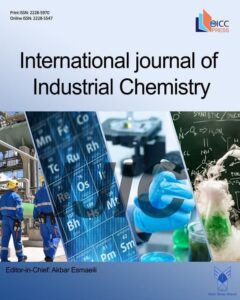Authors
- Tiantian Yuan 1
- Cuigan Wu 1
- Hongye Li * 2
- Haiyan Xu 1
- Rujing Chen 1
- Juan Lin 1
- Juan Wang 1
Abstract
Objective: To probe the impacts of whole-process health education based on self-management theory on self-efficacy as well as quality of life in lung cancer patients.
Methods: One hundred lung cancer patients undergoing chemotherapy in our hospital from January 2021 to December 2022 were selected and allotted into two groups on the basis of the time they came to the hospital. Patients in the CG received routine health education. Patients in the SG applied whole-process health education based on self-management theory. The psychological state, self-care ability, self-management efficacy, compliance, quality of life, along with nursing satisfaction in both groups was compared.
Results: Previous to education, no significance was seen in scores of SAS, SDS, ESCA, C-SUPPH as well as quality of life between both groups (P>0.05). After education, SAS together with SDS scores in both groups were declined compared to before education (P<0.05), and those in the SG were lower in contrast to the CG (P<0.05). Each dimention of ESCA, C-SUPPH and quality of life scores in both groups was elevated compared to before education (P<0.05), and those in the SG were higher relative to the CG (P<0.05). The number of patients with on-time treatment, treatment compliance, functional training and timely review in the SG were elevated relative to the CG (P<0.05). The nursing satisfaction in the SG was better in contrast to the CG (P<0.05).
Conclusion: The whole-process health education based on self-management theory can effectively improve patients’ bad mentality, compliance, self-efficacy, quality of life along with nursing satisfaction.



